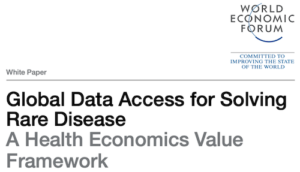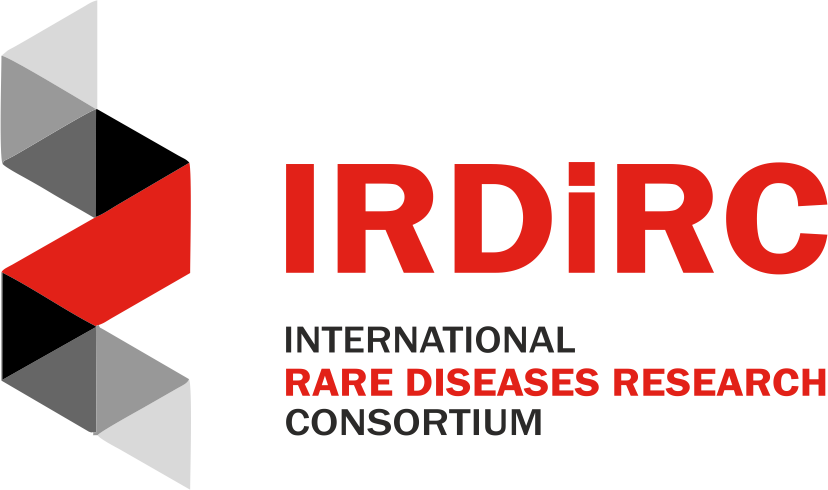
We need a global approach to diagnose and treat rare diseases, according to a new World Economic Forum paper, “Global Access for Solving Rare Disease: A Health Economics Value Framework”. The paper written by health economists from the UK, Australia, Canada and the US, proposes the first global framework illuminating the potential economic benefits of securely sharing genomic data for the purposes of diagnosing and treating rare disease.
There are currently 475 million people globally affected by rare disease, and only 5% of this population has a treatment. Most crucially, 80% of rare diseases result from genetic or genomic variants, meaning an individual is born with a rare disease. This results in 30% of children born with a rare disease dying before they reach their fifth birthday – often without a diagnosis. More than 450 million people – near the populations of the USA, Australia, Canada, and the UK combined – are living without a treatment or an opportunity to get better.
We applaud the powerful patient advocacy community demanding international collaboration on data access to save lives. Now we show that it also makes sense economically to build out the infrastructure and the policies to support these efforts.
Genya Dana, Head of Precision Medicine, Shaping the Future of Health and Healthcare
This paper examines the incentives to establish such a federated data system, showing a return on investment could be possible across four major areas of benefit:
- Diagnostic benefit: The identification of pathogenic or likely pathogenic variants in known disease genes
- Clinical benefit: Changes in the medical or surgical management of patients as a result of the diagnosis being made, for example: the assignment of therapies (therapeutic benefit) or improvements in the management of patients in the absence of therapy assignment (management benefit)
- Clinical trial benefit: Changes related to the improvement of clinical trial operations
- Personal benefit: The presence of non-clinical outcomes that are important from a personal point of view to a person with a rare disease or who is affected by a rare disease. These outcomes may relate to the intrinsic value of information, the knowledge about the condition and the opportunity to make plans for the family or the future.
The paper also includes 14 patient stories from the four countries of focus – the UK, Australia, Canada and the US. These stories speak to the lived experience of the high costs of paying for a rare disease and potential cost savings of a global data sharing approach.

